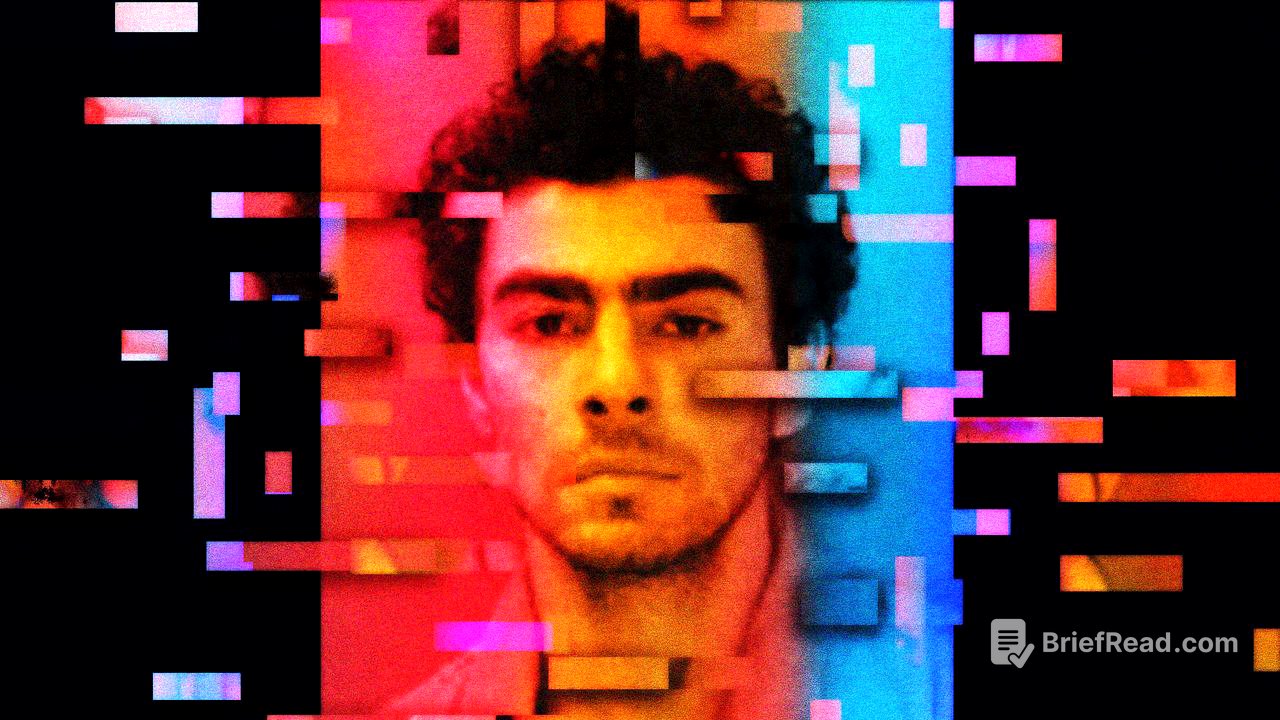TLDR;
This article explores the case of Luigi Mangione, a man accused of murdering Brian Thompson, the CEO of UnitedHealthcare. Mangione's arrest sparked online support and sympathy, with many viewing him as an antihero fighting against the oppressive US healthcare system. The article examines the concept of the "outlaw-hero" in American folklore and how Mangione fits into this archetype. It also analyzes the emergence of "health-insurance murder ballads" as a form of protest against the healthcare system.
- Mangione is accused of murdering the CEO of UnitedHealthcare, sparking online support for him as an antihero fighting against the healthcare system.
- The article explores the concept of the "outlaw-hero" in American folklore and how Mangione fits into this archetype.
- It also analyzes the emergence of "health-insurance murder ballads" as a form of protest against the healthcare system.
The Outlaw-Hero in the Age of Healthcare
This chapter introduces Luigi Mangione, the alleged murderer of Brian Thompson, the CEO of UnitedHealthcare. Mangione's arrest sparked a wave of online support, with many viewing him as an antihero fighting against the oppressive US healthcare system. The chapter highlights the contrasting reactions to Mangione's alleged crime: fear and loathing directed at the healthcare system and support and affection for Mangione. It also mentions the note found on Mangione, which criticizes the healthcare system's high costs and low life expectancy, and Thompson's role in increasing UnitedHealthcare's profits and denying healthcare access to many.
The Outlaw-Hero: A Folk Tradition
This chapter delves into the concept of the "outlaw-hero" in American folklore, as defined by Richard E. Meyer. Meyer distinguishes the outlaw-hero from the mere criminal, highlighting the outlaw-hero's connection to the common people and their opposition to oppressive systems. The chapter uses examples like Jesse James, Sam Bass, and Charles Arthur Floyd to illustrate how these figures were seen as "good men gone bad" who fought against economic and social injustices. It emphasizes the outlaw-hero's ability to gain support and admiration from the people for their audacity and discretion.
Mangione: A Modern Outlaw-Hero?
This chapter examines how Mangione fits into Meyer's taxonomy of the antihero. It highlights the similarities between Mangione and the outlaw-heroes of the past, particularly Charles Arthur Floyd. Both men were seen as Robin Hood figures who fought against oppressive systems and shared their loot with those in need. The chapter also discusses Mangione's alleged motive for the murder, which may have been spurred by his own struggles with the healthcare system. It mentions the bullet casings left at the crime scene, which seem to be a symbolic gesture against the healthcare industry.
The Rise of the Health-Insurance Murder Ballad
This chapter explores the emergence of the "health-insurance murder ballad" as a form of protest against the healthcare system. It draws parallels between this new subgenre and Woody Guthrie's murder ballads, which gave voice to the workingman's struggles and celebrated antiheroes. The chapter focuses on Jesse Welles, a topical folk singer whose song "United Health" encapsulates the economic logic of for-profit insurance and the frustration with the healthcare system.
The Coarsening of American Society?
This chapter examines the reactions to Mangione's alleged crime and the meme-ification of his story. It argues that the online response, while seemingly "coarsening," reflects a deeper societal frustration with the healthcare system. The chapter uses the example of Eddie Vedder's performance of Bob Dylan's "Masters of War" to illustrate how music can express anger and hatred towards oppressive systems. It concludes by suggesting that Mangione's actions, while despicable, have given people permission to express their anger and hatred towards the healthcare system, reminding them of their own humanity and the need for change.









